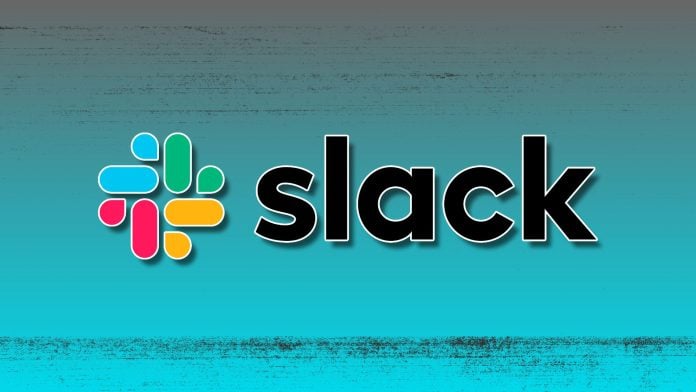In today’s digital landscape, where cyber threats loom large, small business owners must prioritize security—not just for compliance but to protect their valuable assets. Slack’s recent initiative emphasizes their commitment to helping businesses bolster their cybersecurity measures while using their platform.
Slack, widely recognized for transforming workplace communication, has maintained high security standards for over a decade, serving organizations from non-profits to Fortune 100 companies. Despite circulating concerns regarding vulnerabilities within its platform, Slack asserts that they have no evidence of any security breaches currently affecting their services. As a leader in secure collaboration tools, they are keen on reinforcing the idea that cybersecurity is a shared responsibility.
Small businesses face unique challenges when it comes to security. Cybercriminals often exploit human error, making it essential for companies to implement robust security protocols. Slack provides a suite of enterprise-grade security features designed to help organizations maintain control, visibility, and flexibility over their data, yet the effectiveness of these measures ultimately depends on how well businesses activate them.
One key recommendation from Slack is the implementation of two-factor authentication (2FA). This additional security layer requires users to enter a verification code from their mobile device, ensuring that even if a password is compromised, unauthorized access to Slack remains blocked. Workspace Owners and Admins can enforce mandatory 2FA, compelling all members to adopt this crucial safeguard.
Identity and device management is another cornerstone of Slack’s security offering. The platform enables businesses to streamline authentication with their identity provider, allocate roles and permissions, and manage users efficiently. This capability can prevent unauthorized access and ensure that only verified users and approved devices engage with company information.
In the realm of data protection, Slack employs encryption for data at rest and in transit, laying down a foundational security measure. They provide tools such as the Enterprise Key Management (EKM) and Data Loss Prevention (DLP) to enhance data security further. These tools are instrumental for small businesses looking to establish a solid defense against potential breaches.
The Audit Logs API grants real-time access to user actions, allowing company owners to detect suspicious behavior within their Slack workspaces. This feature integrates well with Security Information and Event Management (SIEM) and offers alerts for risky activities, enhancing transparency and security governance.
"Trust is the bedrock of our company," Slack states, underscoring their ongoing dedication to creating a secure environment. This is particularly pertinent for small business owners who might feel outmatched in the face of escalating cyber threats. For these entrepreneurs, leveraging Slack’s built-in tools can significantly mitigate risks.
While the benefits of adopting Slack’s security measures are clear, small business owners should be mindful of the challenges. Implementing these features requires time, resources, and a commitment to ongoing staff training. Developing a culture of security awareness is essential, as employees play a pivotal role in protecting the organization from cyber threats.
Additionally, navigating compliance requirements can be daunting for small businesses. It’s crucial to regularly assess security protocols and ensure that practices evolve alongside emerging threats. This adaptability is vital not only for legal compliance but also for maintaining client trust.
In summary, Slack’s latest push towards enhancing data security provides an opportunity for small business owners to strengthen their cyber defenses. By utilizing the platform’s features like 2FA, identity management, and robust data protection tools, businesses can enhance their overall security posture. As cyber threats continue to evolve, proactive measures will prove invaluable to safeguarding their operations and assets.
For further details on how to implement these security features effectively, small business owners can refer to Slack’s comprehensive guide here.
Image Via BizSugar



